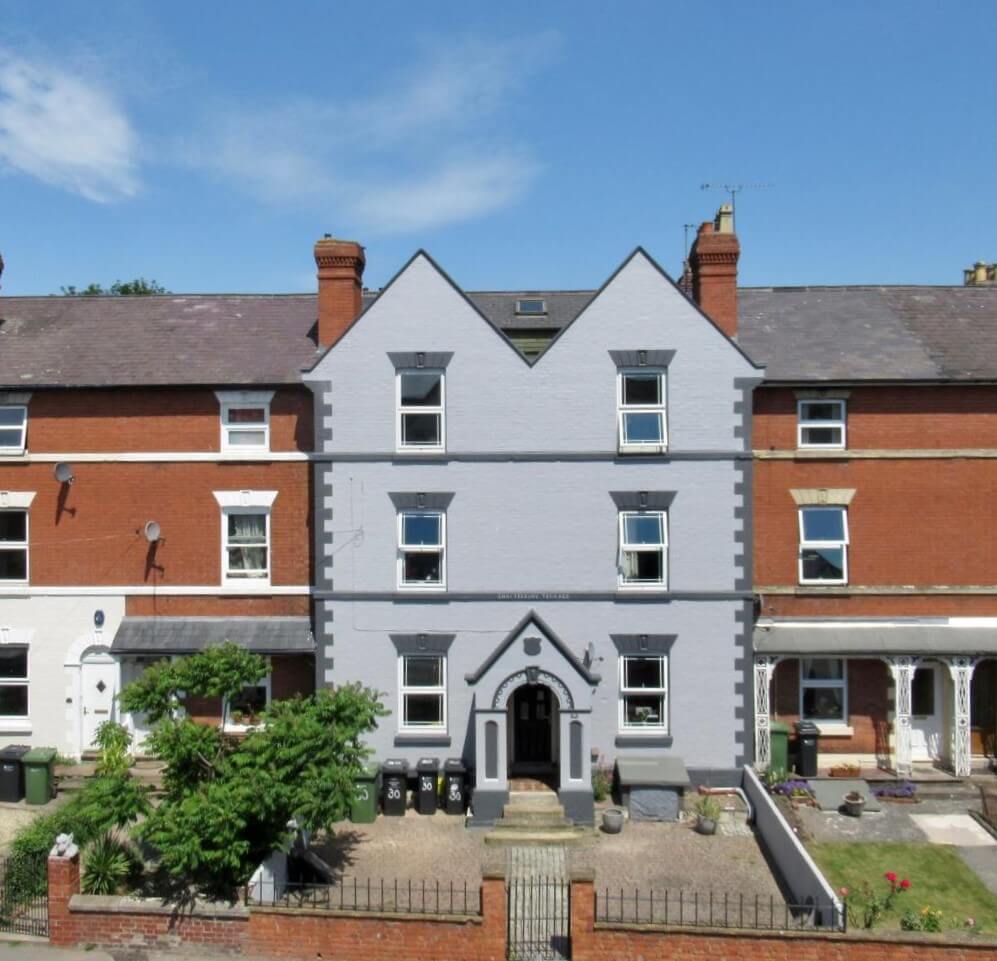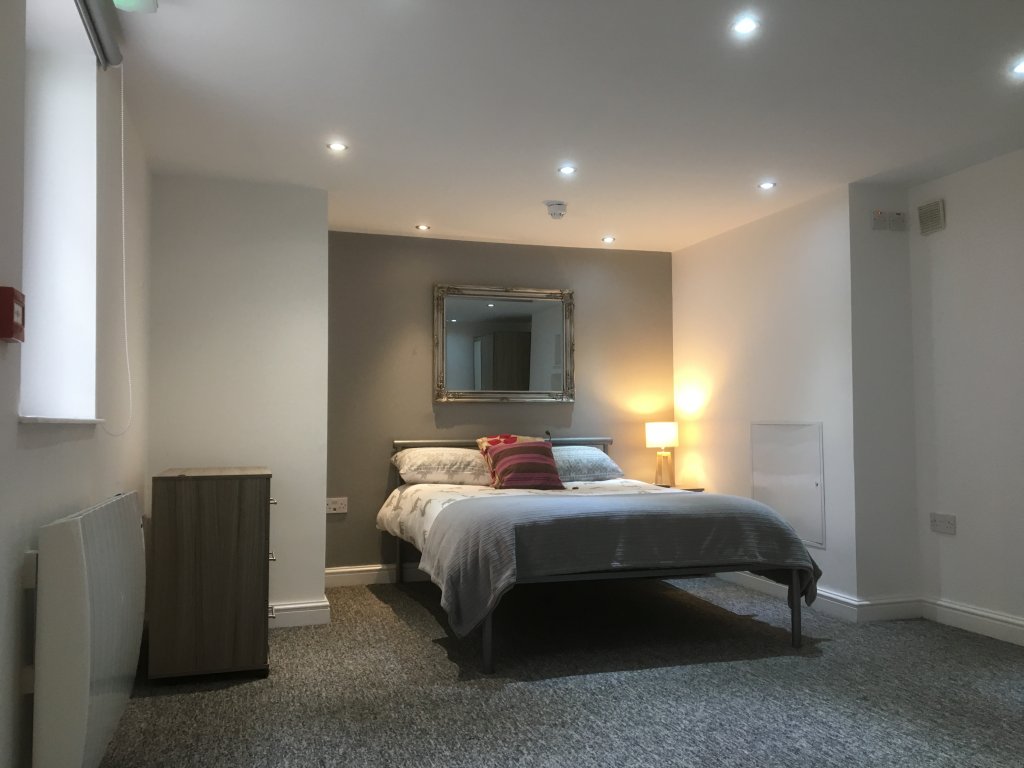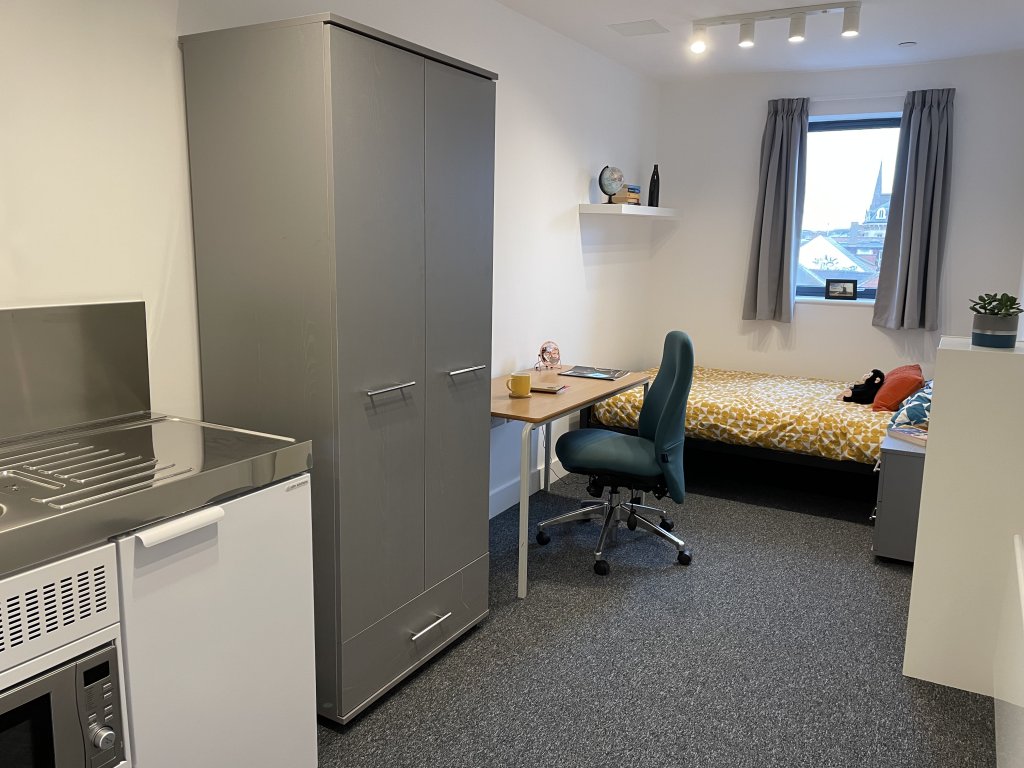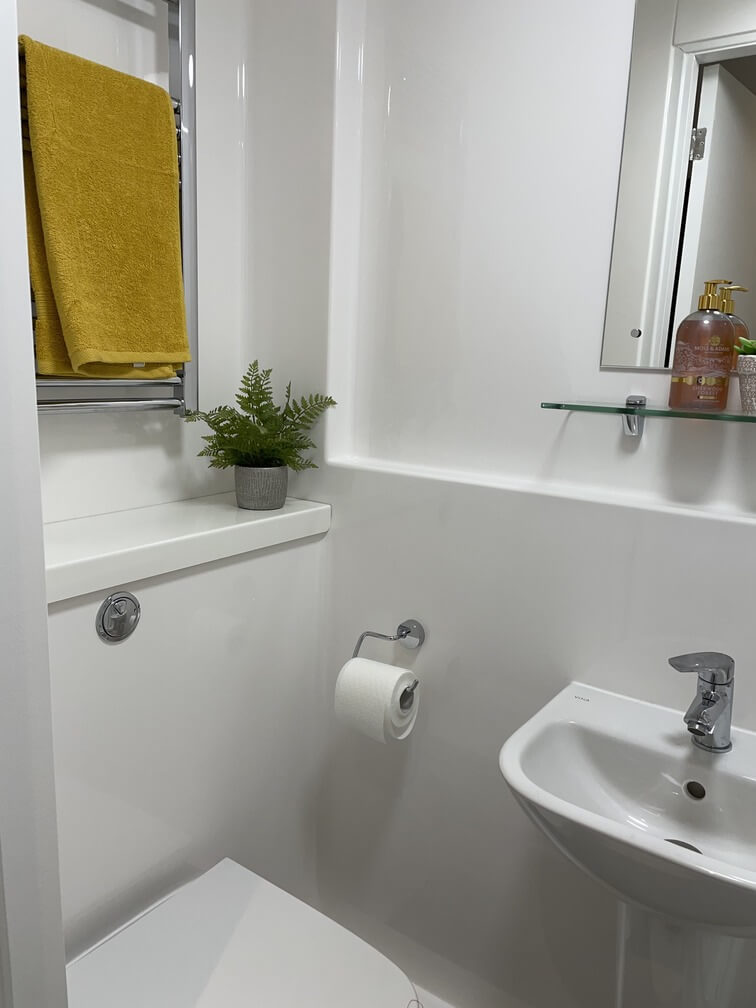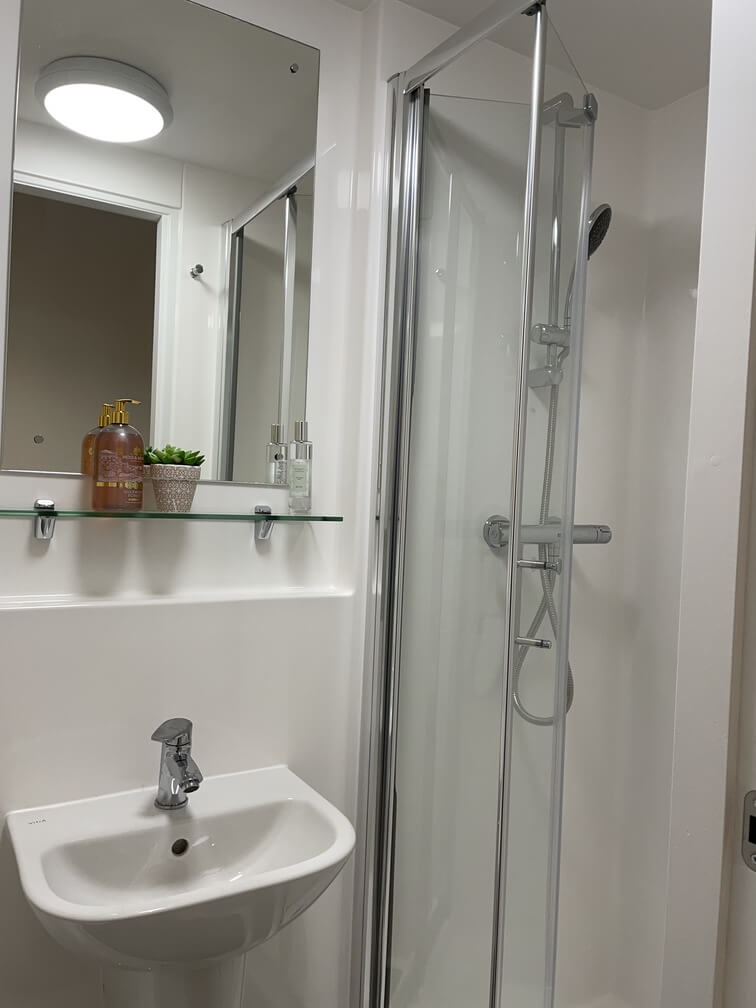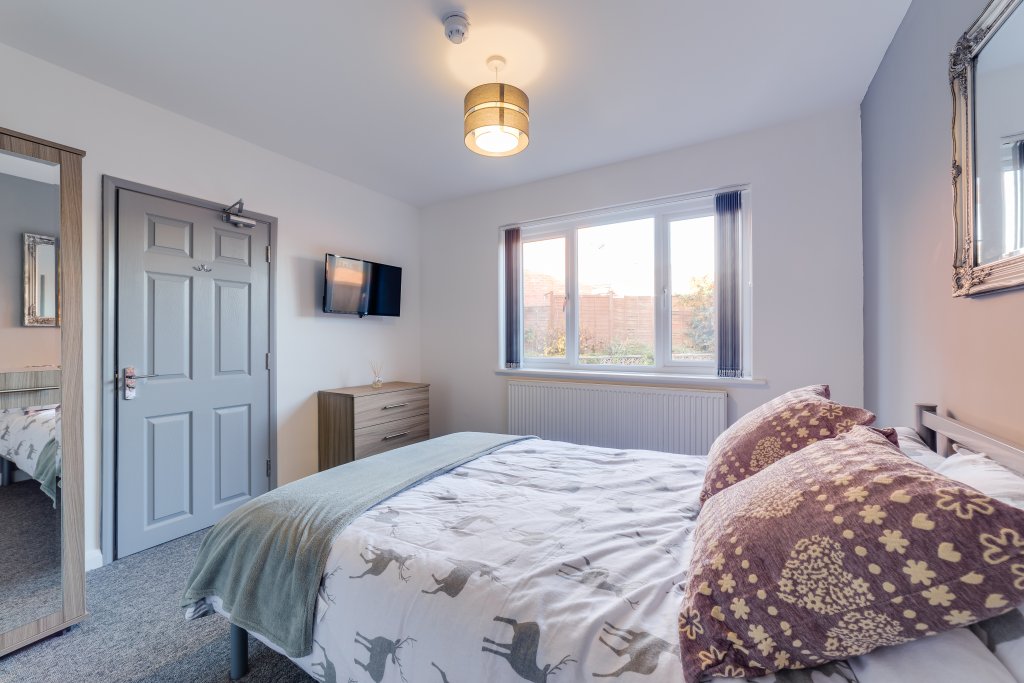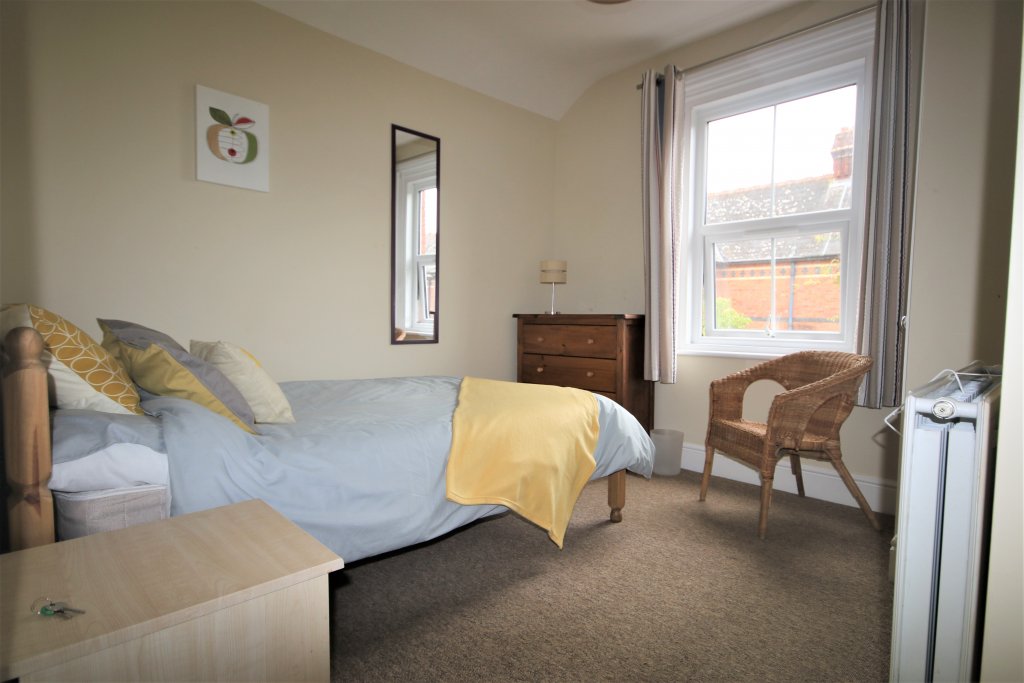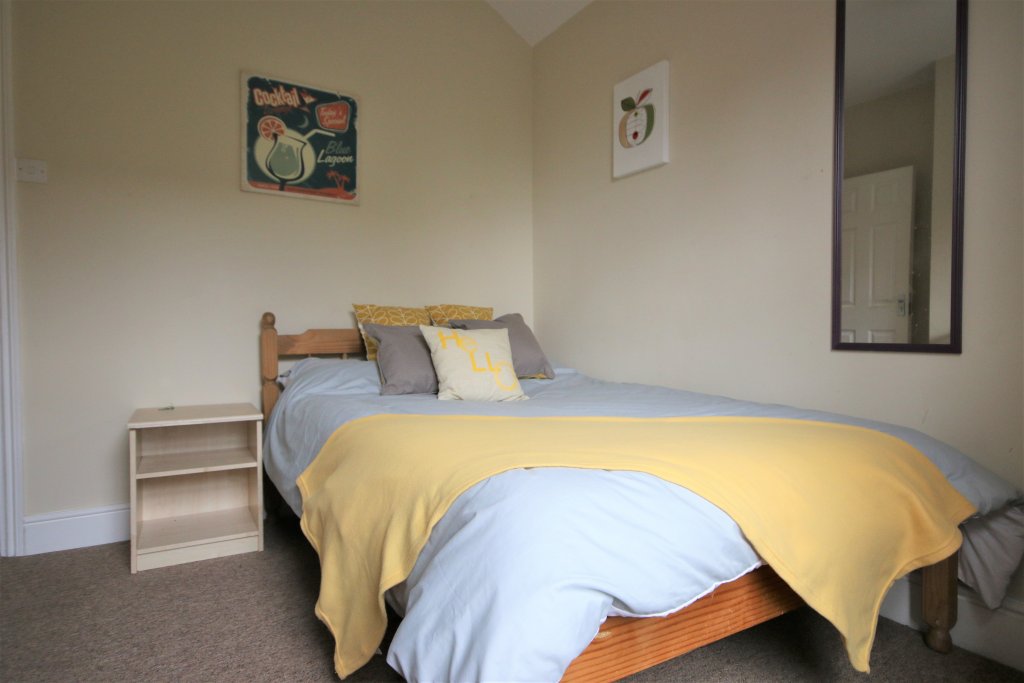HMO Letting Agent: Tenant Type, love them or hate them, these are the 4 main Types of Tenants you can put in an HMO

4 main Types of Tenants for HMO properties
At Relo, we tend to only deal with one main tenant type but that isn’t to say it is the best or the right tenant types. There are three other key types of tenant’s landlords can choose to have in their HMO and some suite landlords better than others. In order to give you a better understanding of the different tenant types and their subsequent advantages and disadvantages, we have complied a blog post to explain the difference so you can see which tenants you might prefer to have in your property to meet needs from your HMO.
Broadly speaking there are 4 main tenant types. Of course, there are other types of tenants people do put into HMOs but the following are typically the most common types of tenants you will find in an HMO.
Students
When people tend to think of HMOs, they usually think of students and grotty student digs, especially if they were a student also. Times have changed from 20 years ago, in terms of student accommodation. Today students demand a much better quality of accommodation and the main difference they are happy to pay for it overall.
A student tenant type is preferable in towns and cities where there are universities located or large colleges. Typically, students start looking for accommodation in November time ready for the next academic year starting in September and usually moving in in over the summer holidays. Students come as a group whom they all know and what to live together, making the house dynamic much more appealing to landlords.
The main advantages of students are they pay their own bills so the landlord doesn’t have to fork out for those putting another few hundred pounds in their pocket each month. They also come on one single AST which makes paperwork much easier and they is always a huge demand from students meaning you will never have much of a problem renting your property. However, students tend not to rent for a whole 12 months, usually 10 or 11 and so you will need to factor in some savings to cover the costs of those months when there is no rent coming in and if you miss the student cycle then you might find all the students have found somewhere to live and you haven’t got anyone in your property.
Obviously, students to tend to party and it is common that there is a fair amount of damage caused over the tenancy. This is a generalisation and some students take very good care of the property but their students and it’s a factor of life they want to party and enjoy themselves so if you like the idea of letting to students then make sure you take deposits and factor in some works to be done each year ready for the new students to move in.
Professional
Professional tenants are usually tenants who have previously been students and used to living in shared accommodation, they have just got a graduate job in a big new city and are looking for somewhere to rent a room in and meet new friends because they have lived in an HMO at university they understand how it works and are used to the way its operates so fit in easily. Now these professionals are on salary, they tend to demand a much higher quality of accommodation but are also happy to pay a higher price for it. Many people refer to professional tenants are doctors, lawyers, nurses, accountants, any one on a graduate scheme especially in the big cities. However more commonly professional tenants refer to anyone with a stable well paid job like someone working in a shop or restaurant.
There are huge numbers of professional tenants in all towns and cities and they are Relos go to tenant type. They tend to pay much higher rents, potentially meaning more profit for the landlord and they also tend to treat the properties with much more respect than students, they are also out most of the day so the house is usually empty from 9-5 meaning bills are cheaper and wear and tear is reduced but they are demanding and landlords should expect they understand they are paying a lot of money to rent a room of you and they want it to be nice and the service to be fantastic and if not they will just move house! A lot of the time professional tenants require parking so bare that in mind when deciding on which tenant type is best. Unlike with students the landlords is expected to include all the bills within the rent so that needs to be factored into your numbers as well. The only other downside is they don’t know each other when they move in and sometimes tenants just don’t get along but with good management systems in place that can be dealt with fairly simply.
Blue Collar Workers
When we refer to blue collar workers we are really referring to someone who has a job but it is more of a labourer type of job or working in a factory. For example, in Hereford we tend to refer to eastern European tenants are blue collar workers working on fruit farms or at Cargill’s. Now we must point out this is not a bad thing! Relo has had some fantastic eastern European tenants in the past and they work hard and keep their head down and they are very good at paying their rent on time. The other major benefit of a blue-collar type of tenant is that there are a lot more of them than students and professionals and so voids will be reduced as demand is high for this type of room but you must bear in mind that blue collar workers are not willing to pay such high rents but on the other hand they also don’t require such good quality accommodation. A point Relo has found is that a lot of blue collar type of tenants come in couples so a higher rent can be charged for couple as long as the license (if you need one) allows couples in the property.
LHA or DSS
The last main type of tenant is Local Housing Authority (LHA) also known as DSS or in simple terms people whom need their accommodation paid by the local council. The rates you get paid by the council depend from area to area but also on the house and space required so a landlord renting a room to a LHA tenant will receive less than say renting a 3 bed terrace house to a family who are also on LHA rates. These rates can be found on the local council websites. The main advantage of LHA is there is ALWAYS demand, the council usually pay the landlord direct so there is no chasing late payments etc and sometimes LHA rates can be a better option financially than other types of tenants. However, without stereotyping to much these types of tenants are also well known for causing major damage to properties and a lot of the time the police get involved in all sorts of issues but saying that they can be a very good source of tenants but you do need to know how to manage them and that takes some experience of that type of tenant.
Relo has tended to stick to professional tenants mostly and find them very good indeed however we are also strong advocates of students. It’s up to the landlord to decide which tenant type is best suited to them and what their objectives are from the property.
If you are undecided on what types of tenants you might put into your HMO why not give Relo a ring and we would be more than happy to have a chat with you on the various options and more in depth advantages and disadvantages for each tenant type.






